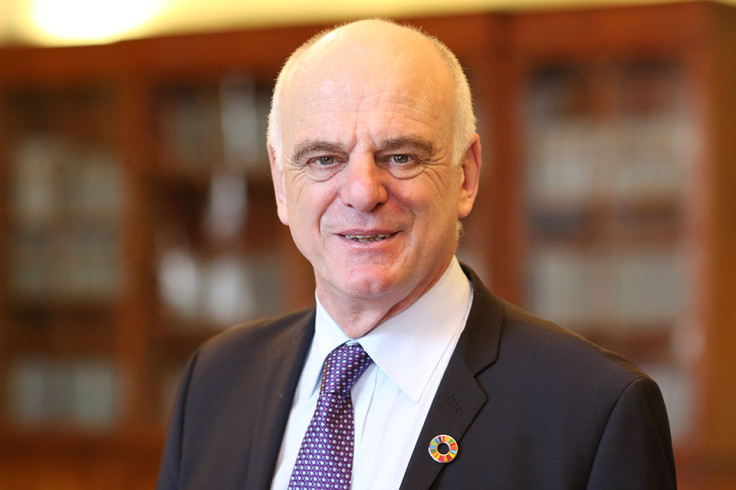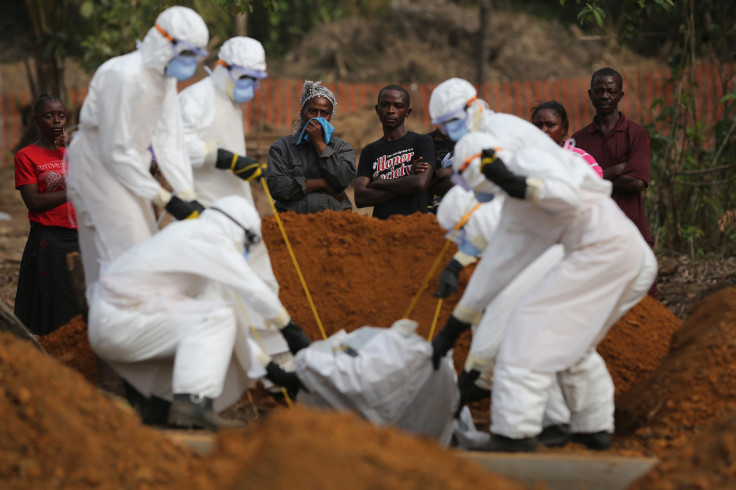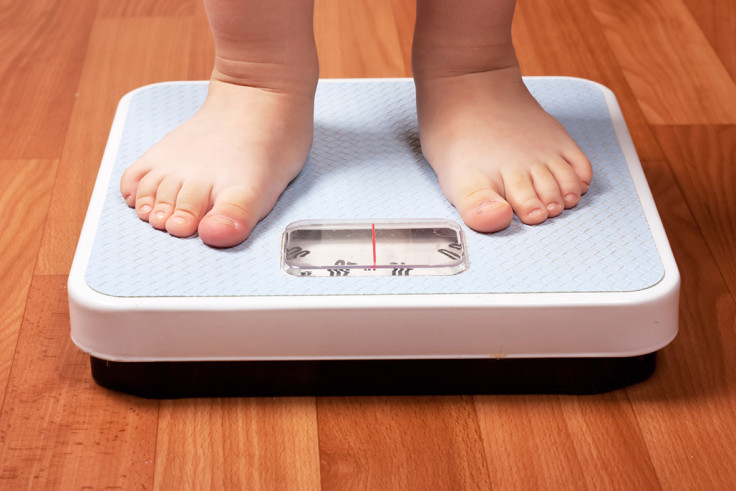Who is David Nabarro, the UK candidate to lead the World Health Organisation?
David Nabarro has played a key role in the fight against Ebola.

David Nabarro is the UK candidate to become the next director general of the World Health Organisation. After four decades working as a community-based practitioner, public servant and diplomat on the international scene, he is ready to address the most pressing global health challenges of our time.
Nabarro has held many different positions in non-governmental organisations, universities, and in the United Nations system.
In recent years, he was at the front line of the Ebola crisis, after his nomination as the UN Secretary-General's Special Envoy on Ebola in August 2014.
He also served as the Special Adviser of the Secretary-General on the 2030 Agenda for Sustainable Development and Climate Change, which countries adopted in 2015.
The WHO has been severely criticised for its inadequate response to the Ebola crisis. If you had been director general at the time, is there anything you have done differently?
WHO's response to Ebola was seen by many as a failure. I think that this assessment is in some ways a little harsh. Regardless of this, we have to take it seriously and to work on it.
Like many people, I have dissected what happened during the outbreak, and in retrospect, there is most definitely a moment when WHO misdiagnosed what was going on – when the original outbreak started out in forested regions of Guinea. WHO thought it was dealing with Lassa fever, when in fact was dealing with Ebola. This shows us that we must never take for granted that we know what the diagnosis of a disease is.
We need to become better at confirming the diagnosis of any reported outbreak anywhere in the world. Nations have a responsibility, but the WHO must help them.
When the number of cases started to rise, in May 2014, I would have wanted WHO to be much more responsive. Again, in retrospect, there was a number of reports from doctors practising in the region warning of a bad problem, but somehow it wasn't picked up.

When the numbers started really to pick up in July 2014, WHO sounded the alarm but I believe it should have sounded it much louder. The organisation should have made absolutely certain that it was being heard.
I was involved with trying to mend the situation, working for Ban Ki-moon. It required a huge response, a lot of work, money and people. I then chaired an advisory group on the reform of WHO's response to outbreaks.
In the future, I want to make sure that this reform allows us to check rumours of outbreaks more easily, to respond to what's coming in from the field and to sound the alarm loud and clear.
The only way you test whether an organisation is ready to deal with emergencies is to do simulations and if I am elected, we will organise simulations of disease outbreaks.
The Ebola crisis has also has shed a light on WHO's difficulty to mobilise funding. Resources are continuously shrinking, undermining the organisation's abilities to do its job efficiently. How do you plan to ensure WHO has sufficient, sustainable funding to continue all its activities – without having to rely too much on voluntary contributions?
When you look at the WHO's budget, 30% comes from subscriptions of its members, 70% from voluntary contributions.
Funders want to see the results of their investments, so my first step will be to make sure that the link between investment and outcome is very clear.
I will go to the donor community and point out that there are some really good investment propositions out there. I think we need to have a clear agreement with donors, laid out on WHO's website and highlighting how resources are spent. We need to be fully transparent about what we do with money – in terms of what it is spent on and what it achieves.
However, we also need to recognise that increasing member state's contributions is going to be tricky. So I will focus on getting more efficiency with the existing resources. To do that I want WHO to be transformed into a more catalytic organisation which achieves its goals by working through others, in partnership, in very strategic ways.
A major global health challenge in the near future, which worries many scientists, is the threat of antimicrobial resistance. How do you propose to tackle this challenge?
The fight against antimicrobial resistance is another area where I want WHO to be catalytic. We need to work with member-states to reduce over-prescription or over-utilisation of antimicrobials. We also need to stimulate the creation of new antimicrobials to compensate for the fact that resistance is growing.
This requires detailed work between WHO and other actors. The global plan on antimicrobial resistance was a first, very important step.

Non-communicable diseases (like cancer, diabetes or obesity) is the biggest killer in most countries. Is there anything that WHO can improve to tackle these problems better?
The funding of the non-communicable disease programme must be built around what it intends to deliver. I will enjoy sitting with the people involved in this programme to explore their strategy and see how they think WHO could play a catalytic role. NCDs are such an important concern that this will be one of my earliest task.
We will need to explore WHO's comparative advantage when it comes to tackling NCDs and then agree on potential sources of funding and how we can mobilise them.
You played a key role in the negotiation of the sustainable development goals (SDGs). What role do you think WHO should play in helping realise these goals – including achieving universal health coverage for all?
If all SDGs are properly realised, one of the most obvious outcome will be an improvement in people's wellbeing, nutrition, health. As you look across all SDGs, you see that they can all have a contribution to people's health, longevity and sense of wellness.
Access to healthcare in particular is important for poverty reduction. About 200 million people experience catastrophic income loss as a result of disease each year. Women cannot contribute to the sustainable development agenda if they are not able to enjoy reproductive health. So health is on both sides of the SDGs – good healthcare is necessary to realise the SGDs and it is also a result of achieving these goals.

Our goal should be that everybody everywhere can access the healthcare they need, when they need it. I prefer to talk in terms of ''access to health'' rather than ''health coverage''. It allows us to identify the groups that have a reduced access to healthcare – women, children and adolescents, disabled people or migrants in particular. It shows us what we need to do to achieve universal coverage.
© Copyright IBTimes 2025. All rights reserved.




















